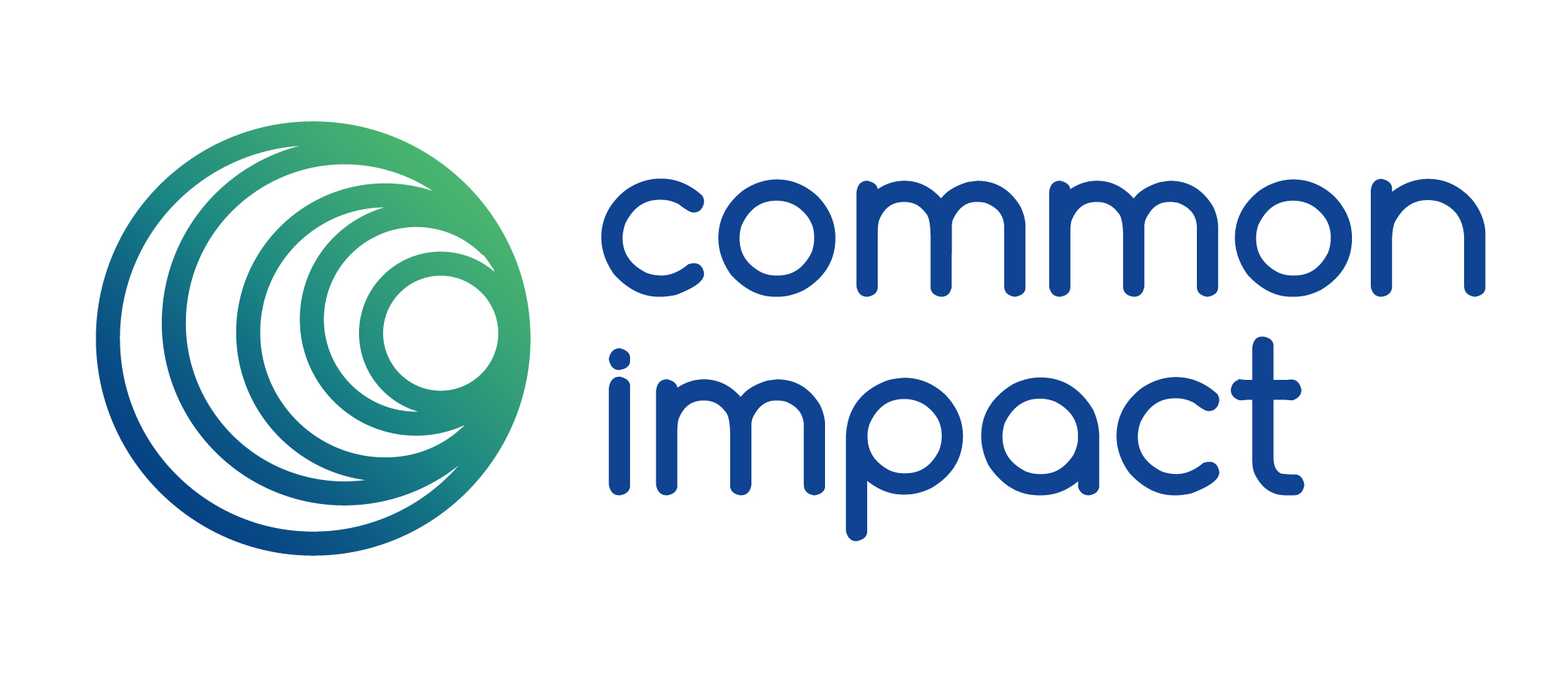Creating a Shared Society: A Spotlight on the Irish International Immigrant Center

Creating a Shared Society: A Spotlight on the Irish International Immigrant Center
by Lauren Chasanoff, Common Impact
This quarter, we’re highlighting the work of the Irish International Immigrant Center (IIIC), Boston’s Welcome Center for immigrant families, and who are working towards a shared society where all are welcomed and valued, and enjoy equal opportunities and protections. IIIC assists immigrant and refugee families from around the world as they integrate into American society. They do so by providing legal, wellness and education services, advocating for systemic change, and facilitating cross-cultural community building.
We spoke with IIIC’s Helaine-Rose Goudreau, about the organization’s experience serving immigrants in today’s turbulent political climate.
1. Who are your organization’s typical clients? Have you seen a greater or difference in need from your client population over the last six months?
We were founded in 1989 by a group of Irish immigrants committed to helping immigrants make successful transitions to their new lives in the U.S. and Greater Boston. Soon, however, we recognized similar needs within other immigrant communities, so we began to expand our services to immigrants from over 130 countries. With the Administration’s recent Immigration Executive Orders we are working with very closely with immigrant families to help them understand how the policy changes impact their lives.
This year, we have already served 25% more families than over the same period last year. For example, we have seen a dramatic increase in the number of people seeking US citizenship. The good news is that we also have seen an outpour of support from volunteers and donors. Our weekly legal services clinics have been overbooked for the past six months and we are maintaining waitlists to work with as many people as possible. Additionally, our social workers are supporting many who are experiencing acute stress and anxiety. Some undocumented immigrants are afraid to leave their homes – some are not showing up for medical appointments and victims of crime are not reporting to law enforcement. Our social workers will often travel to provide support. Similarly, we’ve increased our community outreach and lead a number of “Know Your Rights” information sessions for our clients.
2. What, if anything, is IIIC doing internally to solidify the health of your own organization for the future?
We have been very fortunate to receive a number of emergency grants from foundations, and individuals in Greater Boston following the policy changes. This funding allowed us to hire additional staff attorneys. We have also recently expanded our office space to offer more private consultation rooms, enabling us to work with our clients more effectively.
As a team, we often come together to reflect on the work, to share challenges and celebrate successes. We have regular professional development opportunities – for example, when news breaks around immigration changes, our expert legal team helps everyone understand the details, which allows staff to feel empowered to talk about what really is going on. We also have social activities away from the Center to build community among staff and volunteers. We have a very engaged and supportive Board of Directors and Advisory Board.
On a systems level, our Salesforce CRM database, which was implemented during a 2012 skills-based volunteer project with Common Impact and State Street, has increased our staff’s capacity by allowing us to spend less time on data entry, and more time directly serving families.
3. From a pro bono perspective: how does your organization deal with the influx of volunteers and effectively direct their resources and passions to align with your goals?
Our wonderful volunteer coordinator, Ann-Marie Byrne, interviews everyone who is interested in volunteering to assess where they can best contribute. Everyone has talents and gifts and it is a case of trying to match those gifts to our business needs. Immigration law can only be practiced by licensed immigration attorneys so we are always careful about how we deploy non-immigration attorneys. Volunteers are supervised by the relevant program director they are treated the same as staff members in terms of setting expectations, providing feedback and recognition. The IIIC was founded by volunteers, and to this day we could not do this work with them. We are all in this together, and we are very grateful for all the support.
Is your organization seeing a greater or difference in need from your client population? If so, how are you working to continue to provide effective services? We'd love for you to share your story with us!

